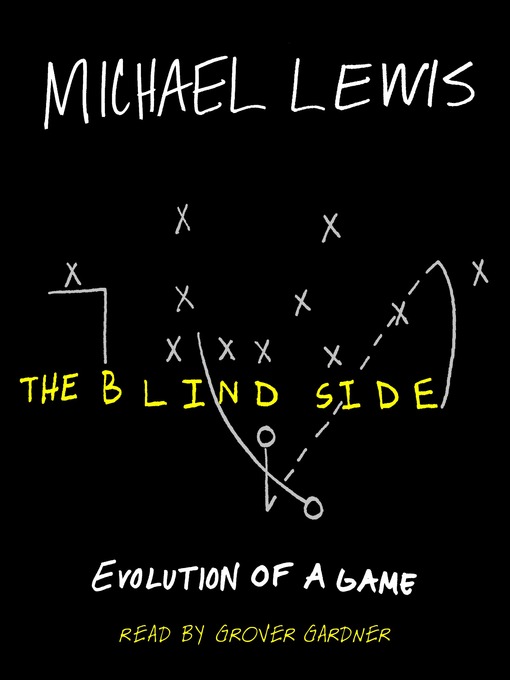 I was hesitant to enjoy The Blind Side. Having read and enjoyed the novel by Micheal Lewis for its insightful analysis of football strategy and economics. The Lewis novel structures the history and background parallel to the personal narrative. Needless to say, I was hesitant to watch a movie about benevolent white people. The critical response to the film did not help, either.
I was hesitant to enjoy The Blind Side. Having read and enjoyed the novel by Micheal Lewis for its insightful analysis of football strategy and economics. The Lewis novel structures the history and background parallel to the personal narrative. Needless to say, I was hesitant to watch a movie about benevolent white people. The critical response to the film did not help, either.In watching the movie, I must retract all initial impressions. As with many book adaptations, the film offers a smorgasbord of moments while failing to deliver a full meal and yet the film's soft vignettes offer their own sweet satisfaction.
On surface level, you get a series of vignettes about as heartwarming as a precious moments gift-ware. You know, that stuff on QVC? And the running joke of the film is: what if a precious moment scene randomly featured a token black guy? And honestly, you can get quite a bit of mileage out of that joke.
Beyond that, there is a story about white guilt and the intangible rewards of charity. You get a subtle nod to the color blind nature of the free market. Football does not care about your politics, your religious upbringing or your political orientation. Football cares only about the value you can bring to a team.
 Precious offers a much more gritty picture. Its a pretty stiff contrast to the lifetime gloss of The Blind Side and your mom probably won't like it.
Precious offers a much more gritty picture. Its a pretty stiff contrast to the lifetime gloss of The Blind Side and your mom probably won't like it.Also, Precious shows the inner workings of volunteer powered outreach programs, which appeals to liberal people. If The Blind Side was pitched to your average blue state conservative, Precious is aimed at your average metropolitan social worker and enlightened cynic.
Cinematographer Andrew Dunn paid special attention to the use of color in this picture. The yellows feel dreamy. The blues feel defensive. The browns feel secure.
The characters of The Blind Side may have been based on real people, but the characters in Precious feel more real. This is not a film about rhetoric and it has no political agenda. Precious is a story about people and interpersonal relationships.
If The Blind Side is a story about redemption, Precious is a story about pushing through when there is no redemption. Precious boldly points to the source of the problem but is slow to offer any solutions. Again, it's non-political. It's interpersonal. Precious favors the acclimation of little victories over the grandiose.
Neither film is smarter than the other. Neither film uses less stereotypes. Neither film is brilliant. But both films are worth watching and both films will offer conversation fodder. Good times.

